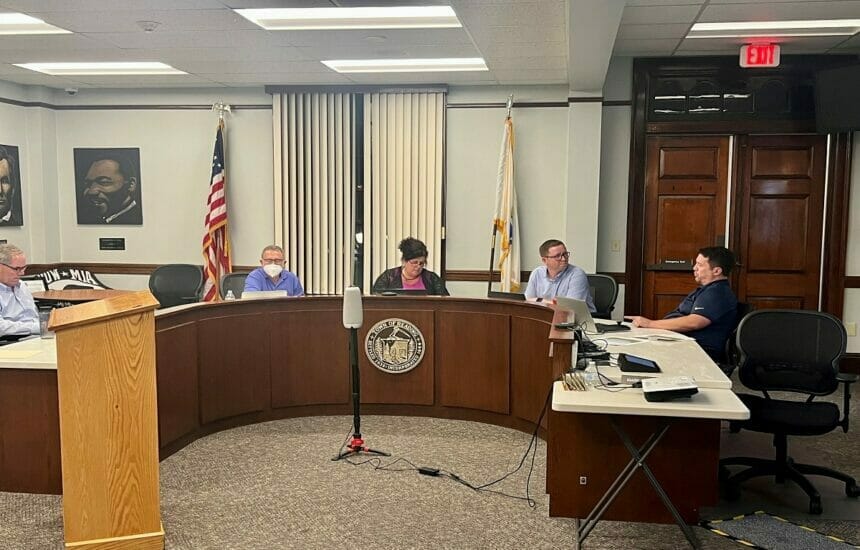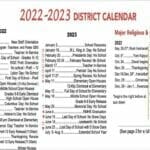The Reading ARPA Advisory Committee (RAAC) meeting kicked off with a call to order and no public comment on Wednesday night.
Speaking first was Jessica Bailey, President of The Reading Teacher’s Association. Ms. Bailey shared her experience during the pandemic as well as others, specifically speaking to the risk that they encountered, the sacrifices that they had to make during this period both personally and professionally, and how their jobs had changed dramatically to shift to a hybrid/remote learning environment while managing the risks of the pandemic. As a result of these conditions, the RTA is asking for financial compensation in the form of a stipend or premium pay for the time worked in person. The request is that any teacher or staff member that worked in the schools for any length of time during the 2020-2021 school year be considered for the stipend. Others who spoke included teachers Michelle Hopkinson, Gioia Butler, Roisin Munson and Tim McIntyre. A few members of the ARPA committee considered a granular approach regarding length of time in the schools and tying that to levels of risk to determine the allocation of funds.
What we’re asking for is all employees of the town and various unions to be treated equitably.
Jessica Bailey (President RTA)
Gail Caiazza, Treasurer of The Reading Paraeducators Association spoke next, starting by sharing some of their pandemic experiences, specifically the risks. The para-age range is 50+, which put them at higher risks without the availability of vaccinations. There was no access to substitutes due to lack of availability, which put an additional strain on serving special education students and the team was tasked with taking on additional students which increased their risk of exposure. They are asking for equal distribution of funds to any paraeducator who worked from September to June, any paraeducator who worked less than those ten months, and those who are still employed as paraeducators. Members of the ARPA committee highlighted the fact that the paraeducators are compensated at a lower level than other school employees, and that this should be considered as funds are allocated.
Next was The Reading Administrative Secretaries Association, represented by Diane Finigan, who spoke regarding their experiences during their pandemic experience, mentioning that the school secretaries never stopped working, checking in on kids and families, and asked to return to the schools in May 2020 before having sufficient knowledge of how Covid is spread. Many worked 52 weeks a year managing the logistics of the Covid pandemic, including pooled testing, contact tracing and mask wearing. She also highlighted that many administrators are paid less than many first-year teachers. She is requesting allocation of ARPA funds for those who worked in person during the pandemic.
Next on the agenda was an update from the Reading Chamber of Commerce. The Chamber asked for 15k to support membership adoption, offering paid membership dues for new businesses or owed memberships for existing businesses, with a focus on women owned businesses and businesses with ten employees or less. In addition, $10k was requested for the Shop the Readings website and social media marketing initiative. In addition, there was a $4k request for the Chamber to produce signs and banners to support ongoing patronage for local businesses during periods of construction.
Chuck Webberly, The President of Reading Youth Lacrosse, spoke next regarding requesting funding for the Lacrosse wall, and what an important tool it is to help kids improve their Lacrosse skills. He then spoke regarding keeping the costs manageable for all who would like to participate, and that no kids are turned away. He is requesting a portion of ARPA funds to contribute to the construction of the wall.
Lastly, Vanessa Alavarado spoke representing the Reading Food Pantry, informing the board that they would like to amend/increase their request of ARPA support, requesting $12k for two refrigerators, also requesting $57,600 to cover gift cards to help support the folks who utilize the food pantry. And finally, $15k to secure a consultant to help identify a space in Reading that will better meet the needs of the food pantry, with a total requested of $84,600. A few members of the ARPA committee pushed back on the three-year request for gift card funding. Mark Dockser spoke next regarding the RFP on Walgreen’s site as a potential option for the Senior Center and brought to the Board that there will be some capital projects that will need to go to the taxpayers for funding. So, the request to offset this cost by allocating a portion of the ARPA funds will alleviate the burden for taxpayers. Mark Dockser also spoke to affordable housing trust, adding that an ARPA allocation to the $450,000 currently in the trust would make sense, otherwise, a request for funding would go to Town Meeting and would likely come from free cash. There was push back from ARPA committee members on the additional request for a million dollars from ARPA funding in addition to the $900k already allocated purely to senior programming/space, considering the current inflationary conditions as well as the number of capital projects and anticipated costs on the docket including birch meadow, water/sewer, and the water tower project.
The ARPA committee then spent some time thinking about the approach they might take to allocate the funds, including different methods of data modeling to help visualize how to best distribute the funds, including how to distribute equitably to employee groups who worked in person through the pandemic. Tom Wise and Shawn Brandt will partner to build out a distribution model for a portion of the funds and present to the ARPA committee for consideration and plan to report back at the next committee meeting.
The Board then discussed future agenda items for the August 31st meeting, including an allocation of funds request from the YMCA. The committee then reviewed and approved (7-0) the minutes from the 7/13 meeting and adjourned.










